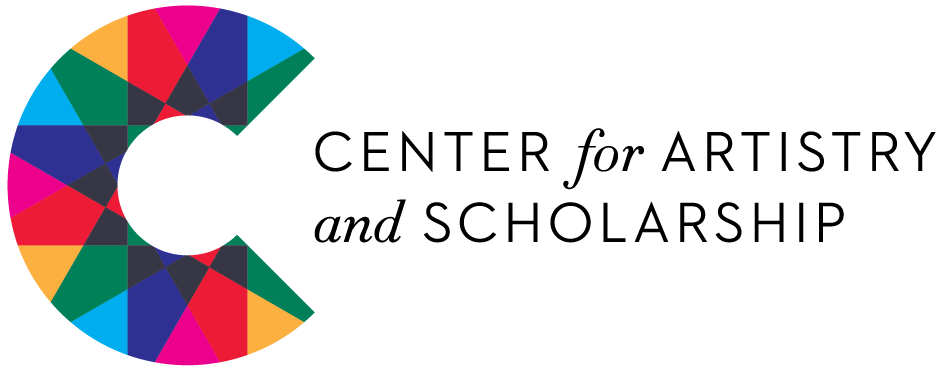Reimagining Learning Online
At Hale, we reimagine learning by getting outside the classroom and using nature as our teacher. Much of our work with Boston schools involves building community on our ropes courses, but when COVID struck, we had to adapt. Our participants were no longer wearing helmets or climbing trees—they were staring at our facilitators on screens.
So began Hale’s virtual teambuilding programs. We started meeting regularly to develop new games and activities, modify discussion questions and techniques, and explore all the ways we could use Zoom, Google, and Padlet to build deep relationships.
We tapped into our own relationships, too—Linda Nathan and Lisa Sankowski at PSi, and Linda’s son Benji (a teacher at Cambridge Rindge and Latin School), were instrumental in delivering our first online program for 9th graders. Others followed with Pine Hill Elementary School and Mary Lyon K–8 School.
These programs were accomplishing something important, and we quickly realized what that was: They were creating a sense of connection people had lost in the hasty transition to online learning. Games and initiatives were helping us laugh, share stories, move around, collaborate, and solve problems. We were listening to, and being heard by, each other.
A new question emerged: How could we empower teachers to bring these tools and pedagogies to their virtual classrooms?
We began by offering two professional development sessions. One focused on helping teachers engage 4th–8th graders, the other on helping college administrators and faculty members build community among undergrads.
When Dylan joined the 2020–2021 PSi cohort, Hale’s collaboration with PSi deepened and we co-developed a new professional development course: Crafting Online Learning Experiences. A series of five classes cultivated an environment of shared learning among a community of educators. Enthusiastic teachers shared their experiences and discovered ways to make their online classrooms more engaging and supportive.
Every Tuesday, we explored teambuilding activities and games, talked about communication styles, and examined leadership roles. We learned to apply Kolb’s Experiential Learning Cycle to lesson planning and curriculum design. We discussed how identity influences classroom dynamics and what we as teachers must do to empower students. Ultimately, these 10 hours together equipped teachers and school leaders with new tools to humanize, support, and celebrate community members on a daily basis.
“I gained a new lens,” wrote one of our participants. “Being more reflective with my students and teaching them to be more reflective [will help me] be aware of students’ identities [and] how they are reflected in what we do, say, and learn in our classroom.” Another commented on the atmosphere of growth in which no one monopolized the conversation.
In the end, it was clear that simply practicing what we preach led to these successes. Creating a shared learning environment in which everyone can offer ideas and make suggestions is as important for working professionals on Zoom as it is for students in a classroom or on a ropes course. So is creating clear agendas, adapting to participant needs, and soliciting feedback. Effective professional development shares many characteristics with effective teaching, but among the most important is the exchange of ideas with each other.
Dylan Gschwind, Intrepid Academy at Hale and a member of PSi’s 2020-2021 cohort
Sue Crumbaker, Hale School & Professional Programs
Hale is a partner of PSi. Learn more about Hale at hale1918.org.
